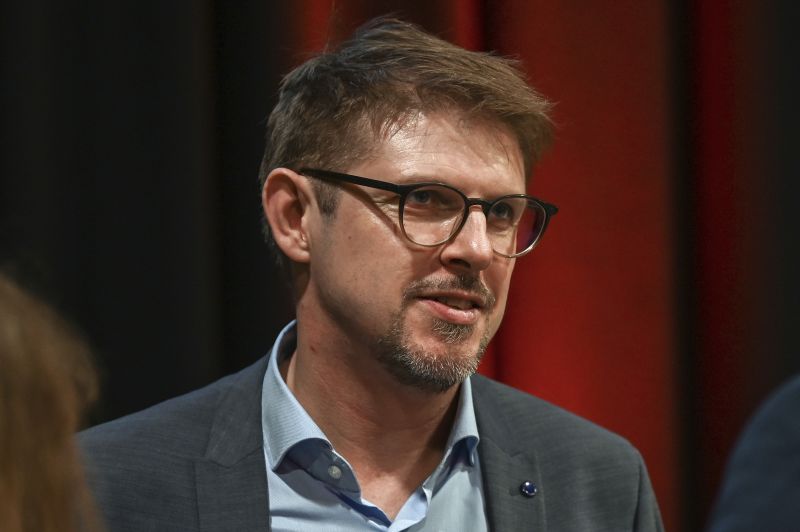As the investigation proceeded in the German city of Paderborn following the brutal attack on a prominent local politician, a shocking revelation emerged. An unexpected turn of events led to a teenager voluntarily surrendering to the police, admitting his involvement in the vile act.
The politician, whose identity is withheld due to security reasons, was reportedly attacked outside a local community center late in the evening. The assault left the individual with severe physical injuries, sparking outrage and concern amongst the local communities and within the political sphere.
Days after the incident, the surreal moment occurred when a teen, barely 17 years of age, walked into a local police station. It wasn’t anticipated that a known criminal or a seasoned felon would be the suspect, but instead, it was this young adolescent, probably in his early steps into adulthood. His motives remain undisclosed, leaving many to speculate on the factors that could have led this youngster to tread down such a dark and dangerous path.
Upon turning himself in, the teen provided his full cooperation in the investigation. The authorities were able to string together the occurrences leading up to the incident and the aftermath. The teenager’s confession played a significant role in filling the gaps and cornering other potential suspects involved in the crime. As the law enforcement agencies hasten to get to the depth of the matter, the teen’s involvement highlights a much bigger social issue that Germany, among several countries globally, grapples with; increasing incidents of politically motivated violence involving teenagers.
Societal issues and political divisions increasingly appear to influence the younger population’s psyche. It len ds credence to the call for the development of more vigorous policies and programs geared towards youth education and rehabilitation, promoting tolerance and understanding in society. Furthermore, these instances underline the essence of social cohesion and the urgent necessity for political discourse to cultivate understanding rather than division.
Meanwhile, the German justice system which follows a separate set of rules for juveniles has taken over the case. Germany operates under a principle that emphasizes rehabilitation over punishment for minors. The focus of the legal system is to integrate the convicted youth back into society after serving their due time, equipped with the necessary skills and the right mindset.
As it proceeds, this case serves as a poignant reminder for other young individuals and society at large. It is a stark wake-up call to acknowledge the alarming impact of divisive politics and social unrest on our youth. First and foremost, there is a pressing need to address these issues and mitigate their potentially damaging influences on future generations.




